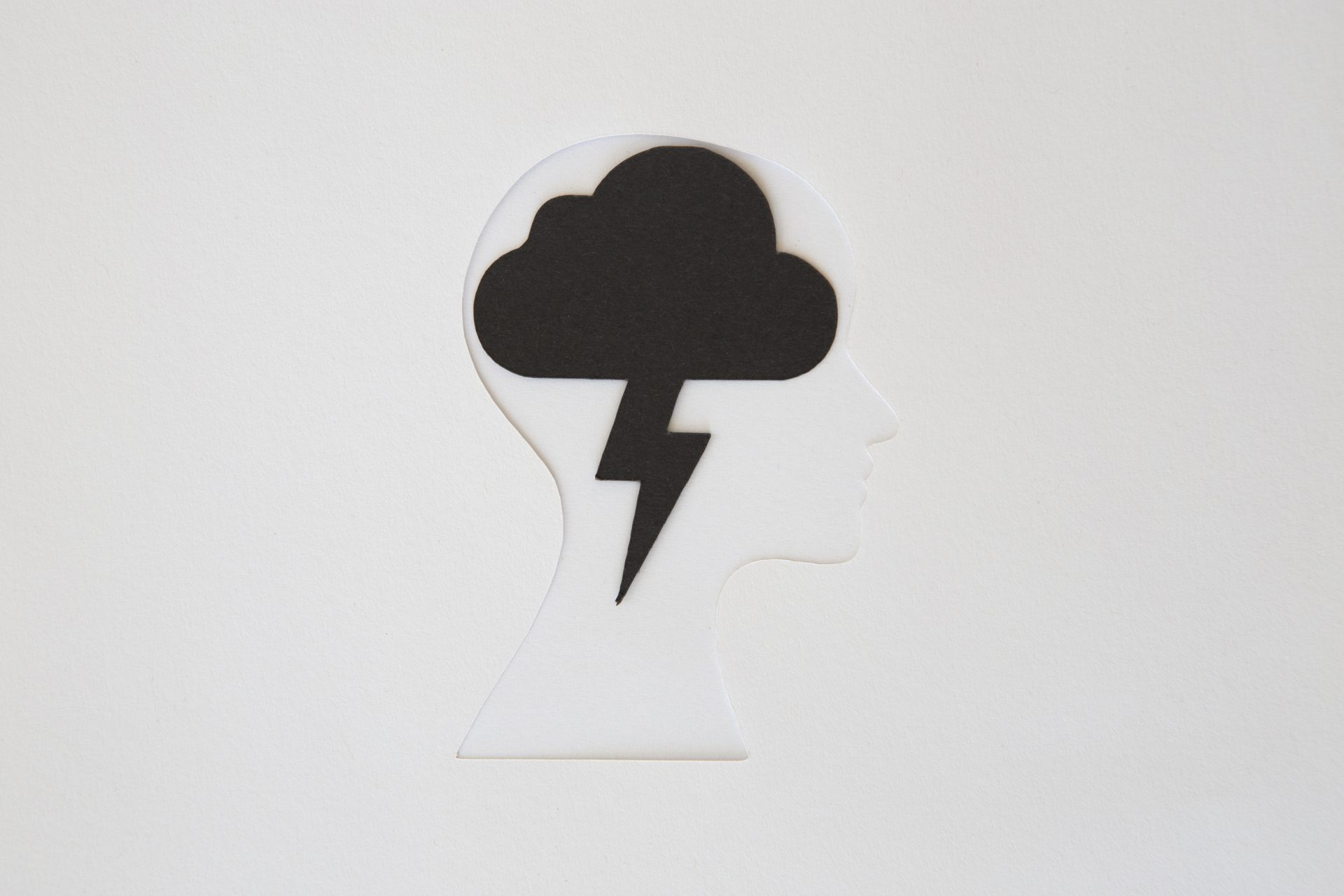Why anxiety can make you feel so angry, according to a therapist

Written by Amy Beecham
A therapist explains the link between anxiety and anger, and how to manage both for better mental health.
With the way the world is, most of us are no stranger to feelings of anxiety.
According to research, the UK has seen an “explosion” in anxiety over the past decade, with the Covid-19 pandemic, financial crash, austerity, Brexit, climate change and social media blamed for massive rises in the condition.
While it looks and feels different for every person, we often experience chest tightness, clenched muscles, tension headaches and rushes of heat when we feel anxious. The same also goes for when we feel angry.
So what is the link between two of the most natural and common human responses? And how can we learn to navigate both of them in a healthy way?
“Anxiety and anger share many similarities, making it easy to confuse the two,”Dee Johnson, therapist at Priory Hospital Chelmsford, tells Stylist.
“Physically, both can present similarly aggressive traits. You might appear flushed in the face, have tense muscles, rapid breathing, increased heart rate, sweating, hypervigilance, insomnia, agitation or bowel disturbance. On the other end of the scale, you might become quieter, avoidant or withdrawn. All of the above characteristics are consistent with anxiety and anger.”
Why do anger and anxiety produce such similar feelings?
Johnson explains that both responses are part of the human condition and lead to the production of stress hormones – cortisol and adrenaline – that put us in a fight, flight or freeze response mode.
“An external or internal trauma may activate a stress response, as our sense of safety is jeopardised, which can quickly escalate into anxiety and anger.”
Both anxiety and anger are what are termed fear-based natural responses. “Anxiety is the anticipation of a future threat; anger is the automatic fight response to it – hence you can experience them simultaneously,” says Johnson. “Anxiety might also evolve into anger as a form of protection, even if the threat is perceived and not real.”
However, unresolved anger, or an inability to effectively deal with it (commonly by internalising these feelings or suppressing them in an unhealthy way), can often morph into a permanent or regular state of anxiety – adding to the general tension and sense of annoyance.
“Ultimately, what I regularly see in my work is that these two powerful drivers can interweave and keep each other stuck in an uncontrollable cycle of anger and anxiety,” adds Johnson.

How to deal with anger and anxiety
“It may feel embarrassing, not important enough or shameful, but asking for help, either via a friend, loved one, or professionally, is vital to dealing with unchecked anger,” Johnson stresses.
If left to develop, feelings of anger and anxiety can have long-term negative emotional and physical effects on you, as well as causing relationship, work or environmental issues.
“In the day-to-day, it’s key to remember this is a human response, yet it’s one that can make us feel really vulnerable and out of control.Breathing techniques can be effective, and exercise is also a powerful release of tension and stress. If you can do any of this in green spaces then even better, as nature will bring a greater sense of calmness,” she advises.
Finally, normalising anger is part of dealing with anxiety or any other mental health disorders.
“It’s important you accept this is a normal response to your pain, and blaming yourself for being weak or foolish will only add to that pain. Consider any learned or genetic influences, trauma in your life, insecurity and jealously – there are many reasons for the development of anger. Find support to help you explore and release it; learning emotional intelligence around why your anger harms you and possibly others is a great act of self-care.
“Suppressing anger is harmful and unhealthy and it can be easy to fall into unhelpful coping strategies. In the moment you will feel that these help, but in the long-term it will only serve to make things worse.”
If you, or someone you know, is struggling with their mental health or emotional wellbeing, you can find support and resources on the mental health charity Mind’s website and NHS Every Mind Matters or access the NHS’ guide to local mental health helplines and organisations here.
If you are struggling, you can also ask your GP for a referral to NHS Talking Therapies, or you can self-refer.
You can also call the Samaritans in the UK on 116 123 or email [email protected] for confidential support.
Images: Getty
Source: Read Full Article